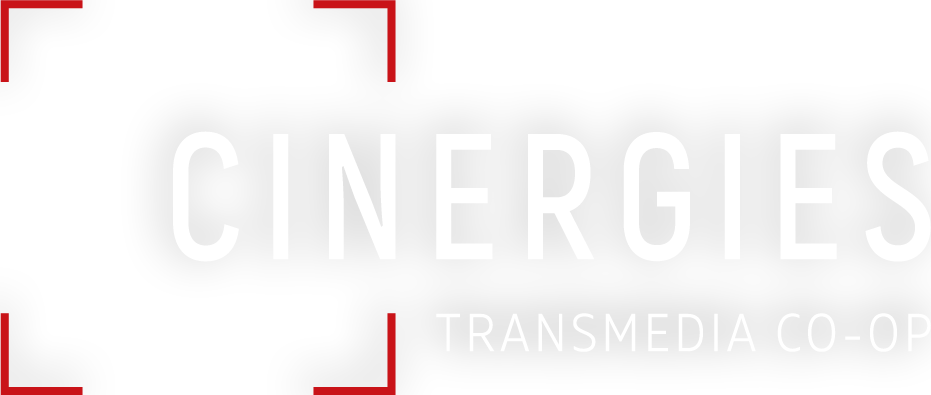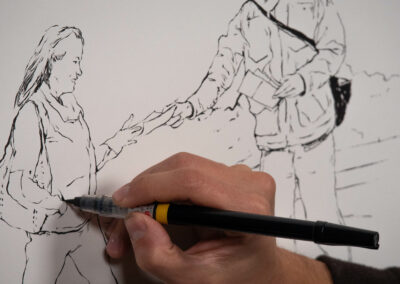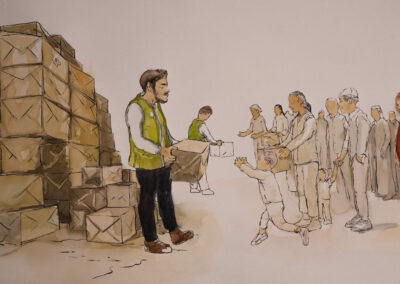Overview
The “Protection from Sexual Exploitation and Abuse (PSEA)” project, funded by the UN Interagency Community Outreach and Communications Fund, addressed critical issues in the Greek refugee context, where vulnerabilities to SEA have been heightened by the ongoing humanitarian crisis. Through the creation and dissemination of multimedia content, the project aimed to raise awareness and provide reporting mechanisms for SEA. Following its completion, the project’s website psea.report was offered to both UNHCR and IOM to support their ongoing efforts in combating SEA.
In Depth
The PSEA project was designed to respond to the growing need for awareness and prevention of sexual exploitation and abuse among vulnerable populations in Greece. Given the reduction in available humanitarian services and the socio-economic challenges, the project aimed to create accessible, culturally sensitive content to educate both social workers and the affected population.
Objectives of the project were:
– Produced six short videos explaining PSEA principles in Arabic, Farsi, French, Lingala, and Greek.
– Developed a multilanguage platform to host the videos and provide reporting pathways.
– Distributed content through a strategic social media campaign and QR stickers in key locations.
These objectives were rooted in the recognition that effective communication and accessible resources are critical in protecting vulnerable communities from SEA.
Methodology:
The project’s implementation faced significant challenges due to the COVID-19 pandemic, necessitating adjustments in the production approach. To overcome these obstacles, the team employed stop-motion animation, which allowed for production with minimal crew, ensuring safety and compliance with health guidelines.
The videos were carefully reviewed and culturally adapted by experts and cultural mediators to ensure that the content was relevant and effective for diverse audiences. The dissemination strategy focused on leveraging social media and placing QR codes in locations accessible to the target audience, ensuring that the messages reached those in need.
This comprehensive approach ensured that the content was not only produced but also effectively disseminated to achieve the desired impact.
Outcomes:
Despite the challenges, the PSEA project successfully met its goals, reaching over 23,000 people through its campaign. The innovative use of QR stickers and a dedicated website allowed for the widespread dissemination of crucial information, empowering both social workers and refugees with the knowledge and tools to report and prevent SEA.
– Campaign Reach: Over 23,000 people engaged through social media.
– QR Sticker Distribution: 300 stickers placed in strategic locations to direct users to the online platform.
– Website: A multilanguage platform [psea.report] was established and offered to UNHCR and IOM for continued use.
Key Collaborators
Dimitris Kelapostolou
Researcher SEA advisor
Kostas Mavrias
Production Project management
Dimitris Kokoris
Visual Artist
Abdulah Barzandji<br />
Cultural Mediator Translation (Arabic)
Antonis Vasilakos
Web / Sound Engineer & Design
Mohammed Hashemi<br />
Cultural Mediator Translation (Farsi)
Ioannis Koutoutzis
Director Of Photography Editing
Zekio Soba Zenga
Cultural Mediator Translation (Lingala)




